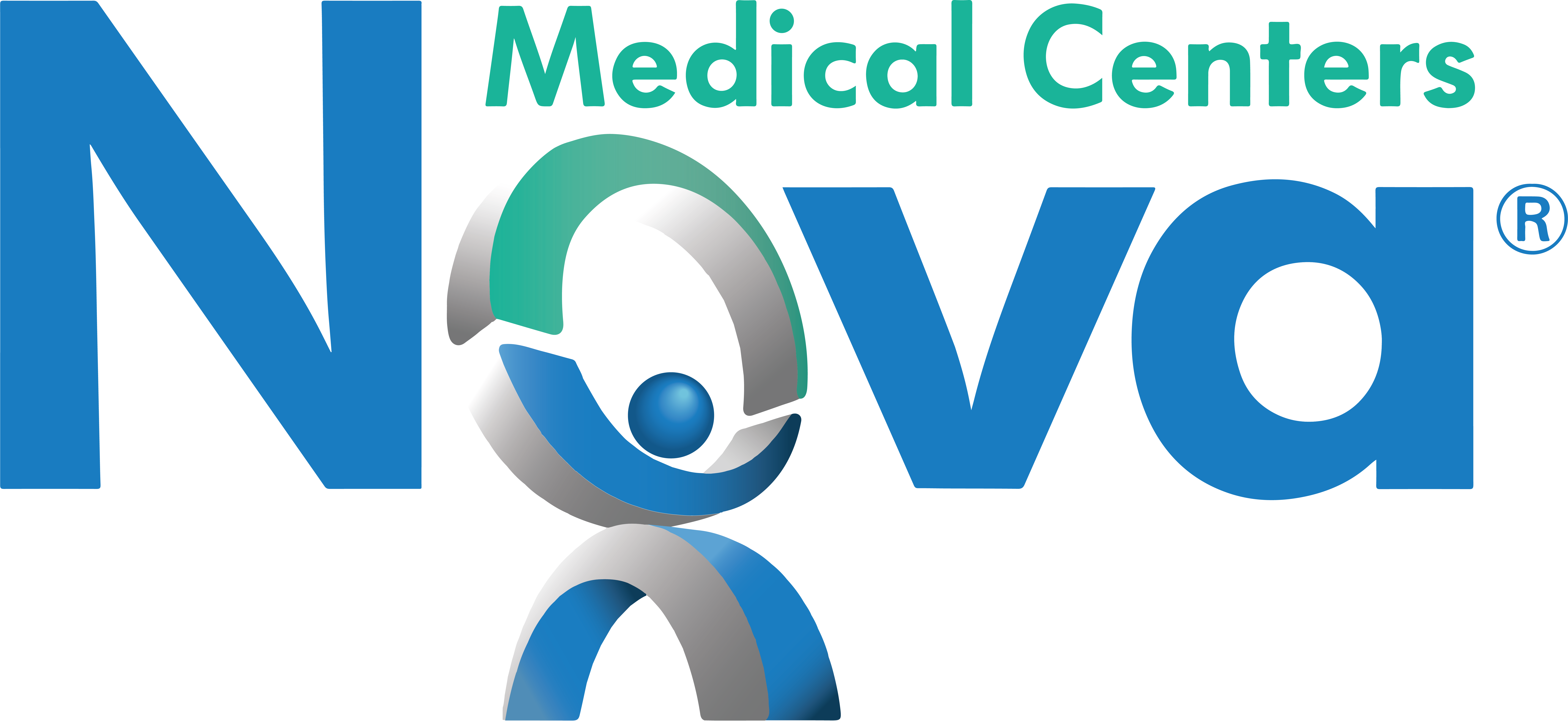Treating injuries from harmful conditions in the workplace was the focus of occupational medicine in its early days, according to the American College of Occupational and Environmental Medicine (ACOEM).Doctors treated employee injuries at worksite clinics, but there was no focus on prevention. The purpose of treatment at that time was to repair damage but not to address the overall wellness of workers. This is the focus of Atlanta occupational medicine.
The role of doctors who work in of Atlanta occupational medicine is to provide disease prevention as a significant aspect of healthcare. ACOEM reports that approximately 130 million workers in America spend most of their daytime hours at a workplace. To reflect the changing awareness of health needs, physicians in occupational medicine are trained to enhance worker health through preventive care, disability management and research.
Role of Medicine in the Workplace
Occupational physicians are at the center of health-related activities in today’s workplace, serving as liaison that links employee, employer and governmental concerns to overall health care management. Some tasks associated with the increased role of occupational medicine include these:
- Assess an employee’s ability to perform a job
- Evaluate dangers of exposure to chemicals and the potential outcomes
- Use preventive medicine to improve employee health
- Recommend time at which injured workers can return to work
- Advocate for good working conditions with management, human resource departments, government offices such as worker’s compensation, unions and public health institutions
Typical Duties on the Job
Conditions that a doctor in occupational medicine may evaluate often include breathing problems. A diagnosis of asthma and asbestosis as well as allergic hypersensitivity leads to treatment to alleviate symptoms. Other conditions that are frequently detected include these:
- Neck and shoulder injuries, sprains and tendonitis
- Neurological problems such as parkinsonism and hearing loss
- Muscular disorders such as carpal tunnel syndrome
- Exposure to harmful fumes from pesticides or other substances
Specialized Areas
High-risk occupations frequently require screening programs that can monitor workplace safety. Meeting federal specifications for workers who are exposed to hazardous waste or asbestos involves compliance examinations and evaluation of respiratory equipment. Physicians are also called on to provide educational presentations to keep workers and management apprised of hazards in the workplace and to recommend needed improvements. Making impartial diagnoses of worker’s conditions detects the presence of conditions that represent threats to personal safety and health.
Occupational medicine offers areas of specialization that include these among others:
- Environmental health
- Fitness for work
- Health and productivity
- Public health and disease prevention
- Administration and management
- Toxicology
- Identification and control of hazardous conditions
- Compliance with regulations and laws
Rising Expectations for Health Care
As workplaces achieve higher levels of complexity, specialists in occupational medicine assume more visible roles in disease prevention and promotion of wellness. ACOEM regards the evaluation of interactions of health and work as the most important role of an organizational physician. To fill the important role assigned to them, physicians must have a general knowledge of conditions at a worksite and potential hazards. The ability to diagnose and treat injuries and diseases that occur at the workplace is essential, and knowledge of appropriate rehabilitation gives patients the opportunity to achieve positive outcomes. Management and delivery of quality healthcare services are the goal of occupational medicine.



